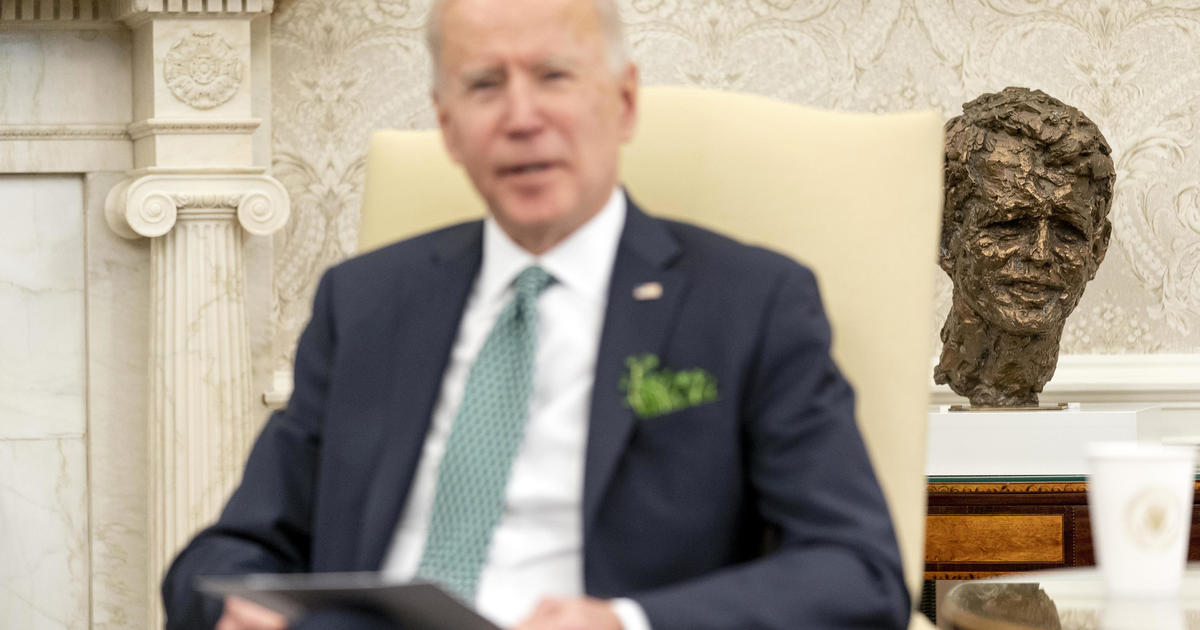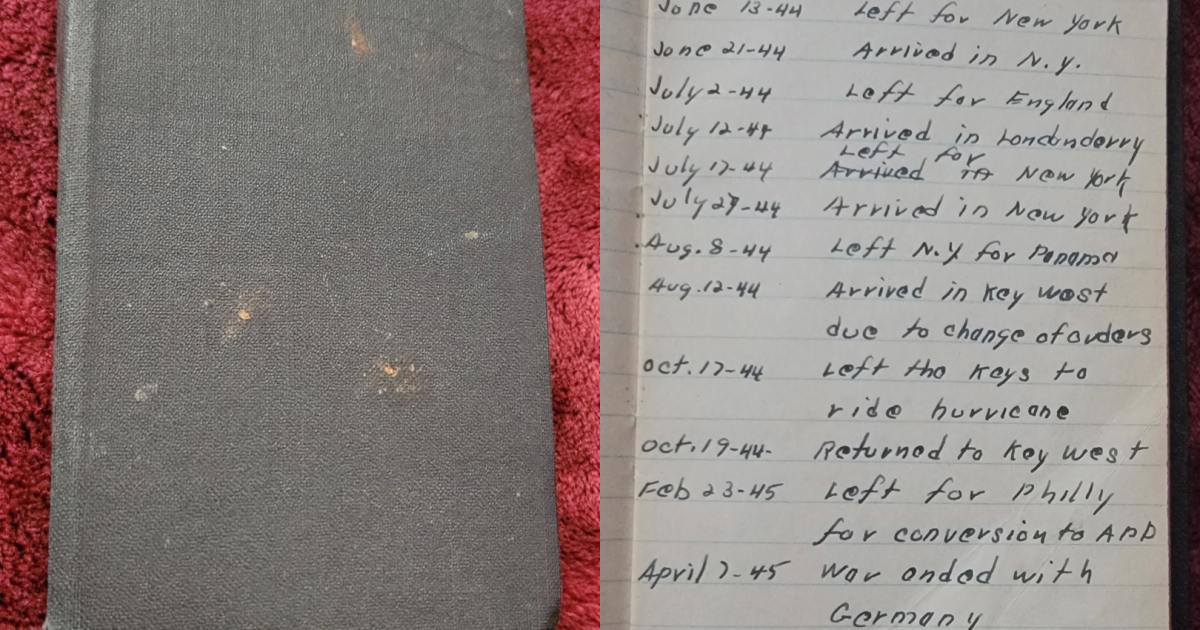Civil liberties groups urge DHS to not require log-in info as part of "extreme vetting" procedures
Civil liberties and human rights groups are urging Homeland Security Secretary John Kelly not to require people applying for U.S. visas to provide log-in information to their social media accounts.
“We urge you to reject any proposal to require anyone to provide log-in information to their online accounts as a condition of entry into the United States. Demanding log-in information is a direct assault on fundamental rights and would weaken, rather than promote, national security,” the groups wrote in a letter to Kelly on Friday.
Kelly had suggested at a congressional committee hearing in early February that DHS would consider such a requirement. As part of the revised travel ban unveiled this week, President Trump has directed the administration to review and enhance its screening procedures as part of his promise to implement “extreme vetting.”
The American Civil Liberties Union (ACLU), Human Rights Watch and the Brennan Center for Justice at NYU School of Law are among the more than 40 groups that signed the letter. The groups argue that an “invasive review of online activity” would jeopardize security for U.S. citizens both at home and abroad.
“Individuals who handle sensitive governmental or corporate information and travel to other countries, whether for business or pleasure, could be compelled to provide access to the accounts housing that information; indeed it is a small jump from requiring passwords to social media accounts to requiring passwords for email, financial, e-commerce, or other online accounts, which would unlock troves of personal information. A world where every traveler may have to hand the keys to their online identities over to a government actor is less safe for everyone,” they said.
Gaining access to visitors’ online activity, they added, would likely yield little useful information and could distract U.S. officials from people who actually pose risks.
“Bad actors will find ways to conceal their activity, while most travelers and US citizens caught up in [Customs and Border Protection’s] dragnet will have generated massive amounts of information completely irrelevant to border security, making it more difficult to identify those with malevolent intent,” they said.
Monitoring social media activity, they said, could also affect family, friends and co-workers of people who are blocked from entering the U.S. by the revised travel ban.
“These U.S. citizens will also be exposed to [Customs and Border Protection’s] “extreme vetting” of travelers’ social networks and online contacts,” they said. “They will become wary of engaging in their own online activity, for fear that something they tweet, like, or share will lead to them being detained at the airport the next time they travel. And it may undermine US citizens’ willingness to make connections to other people, at home and abroad, given the risk of guilt by association with someone else’s social media feed.”




